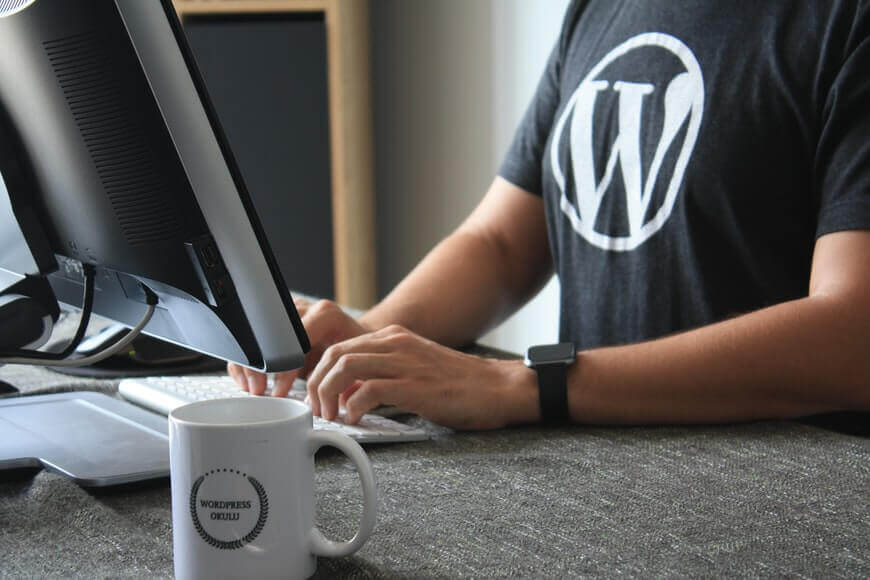WordPress is one of the most popular and powerful platforms that offers its services to more than 30% of the web hosting and development community. The time it takes your website to load can be frustrating for your users, so if the loading is slow, the visitors have increased chances of turning the “back” button in a glimpse. Speeding up the design will increase the rankings and decrease the page loading times.
Speed matters. Moreover, when it comes to loading time. If your WordPress site experiences some delay in accessing, you’ll feel the negative effects right away. Poor search rankings, decreased conversions and rising bounce rates are some of the disadvantages that you will face even if the delay is only for a few seconds. If you want to speed up your WordPress site without the need to hire dedicated WordPress developer, improve the user experience and help boost your WordPress SEO, please check our comprehensive article about the optimization of your site and what can you do if you are facing a performance speed issue.
What Causes The Site to Slow Down?
A poorly built website is often the root cause of a website that has terrible loading speed. If your server experiences frequent downtimes or it’s slow, your website will be affected as well. Your web hosting might not be the best, so this is another reason that will slow down your site. Make sure you are aware of all of the possibilities that can affect your site’s speed so you can act in time and resolve any issue that may arrise.
Choose The Hosting Plan
One of the first steps you need to take care of is the hosting plan. Choosing the right one will leave you headache-free. If your server is taking a lot of time to process MySQL commands and HTTP requests, then you already lost the battle in those cases. Testing the response time of the website is the main indicator of the hosting plan’s performance. However, any hosting plan can suffer CPU throttling and insufficient RAM, so make sure you know what your website needs to run and choose the plan that will handle the traffic effectively.
Check The Plugins
Before you decide to install a particular plugin, make sure that the plugin is necessary for your website. Plugins are also one of the main causes your site is slow. The more plugins you install, the more issues you are prone to experience. However, this will not affect the loading time of your website. Some of the plugins may contain bad code, persistent calls, and updates of the WordPress database and calls to external servers, so make sure you are aware of how much CPU your plugins use.
Choose The Theme Carefully
Badly coded design can affect the website’s loading time. Moreover, if there are images throughout the design few more seconds will be added to the page loading time. Choosing a theme that is optimized for tablets, desktops, and mobile devices is essential in having your site up and running in no time. The responsive designs for mobile phones improve the user experience considering the fact that most of the users nowadays access a lot of information on the web from their smartphones.
Most theme developers optimize the website with content delivery networks and caching. This can bring up some struggles beforehand because you will not know how quick a WordPress design is before you use it.
Use a Caching Solution
CSS files or high-resolution images are one of the files that rarely change on your website. Caching is one way to speed up the site in the long run. If you enable a caching solution on your site, some of the files will be automatically stored on the user’s browser. So, whenever the visitor accesses your website in the future, the cached files will be loaded in their browser which will reduce load times and page speed. You can find a lot of reputable and free caching solutions from W3 Total Cache or WP Super Cache.
How You Can Check The WordPress Speed?
A beginner’s mistake is if you think that the website will do just fine if it’s not slow on your computer. Modern web browsers like Google Chrome store caches every time you access a particular website, so the next time you type in the URL, the site will load faster due to the already saved information in the web browser. However, if the user is visiting your site for the first time, the loading speed might not be the same as it was for you. As a matter of fact, in different geographic locations, the experience will be different. For that purpose, you can run a WordPress speed test to check your website’s loading speed.

No Responses